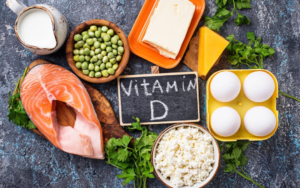Healthy High Fat Foods You Should Be Eating
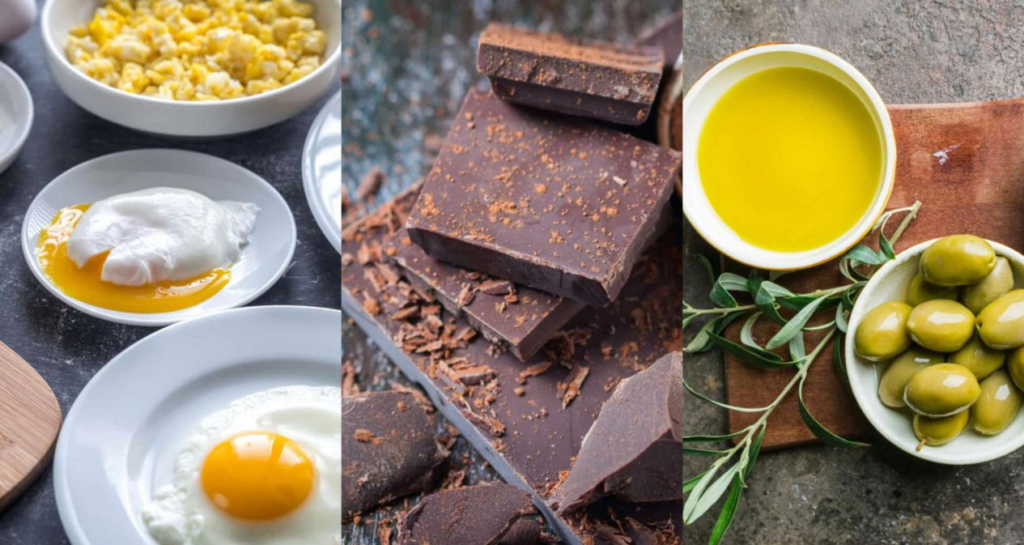
In the ever-evolving landscape of nutrition, the pendulum has swung away from the demonization of fats towards a more nuanced understanding of their importance in our diets. Healthy fats play a crucial role in our overall well-being, from supporting brain function to promoting heart health and aiding in nutrient absorption. In this comprehensive guide, we delve into the realm of healthy fat foods, exploring their benefits and incorporating them into a balanced diet for optimal health.
Understanding Healthy Fats: Not all fats are created equal. While trans fats and excessive saturated fats have rightfully earned a bad reputation due to their detrimental effects on health, there exists a category of fats known as healthy fats, which are essential for our bodies to function properly. These fats include monounsaturated fats, polyunsaturated fats (including omega-3 and omega-6 fatty acids), and certain types of saturated fats, such as those found in coconut and palm oil.
Benefits of Healthy Fats:
Heart Health: Healthy fats, particularly monounsaturated and omega-3 fatty acids, have been shown to reduce the risk of heart disease by lowering levels of LDL cholesterol (the “bad” cholesterol) and triglycerides, while increasing levels of HDL cholesterol (the “good” cholesterol).

Brain Function: The brain is composed primarily of fat, and adequate intake of healthy fats is crucial for cognitive function, memory, and mood regulation. Omega-3 fatty acids, in particular, are known for their neuroprotective properties and are associated with a reduced risk of age-related cognitive decline and depression.

Weight Management: Despite being calorie-dense, healthy fats can actually aid in weight management when consumed in moderation. They help promote satiety, keeping you feeling full and satisfied for longer periods, which can prevent overeating and cravings for unhealthy snacks.

Nutrient Absorption: Certain vitamins, such as vitamins A, D, E, and K, are fat-soluble, meaning they require fat for proper absorption by the body. Incorporating healthy fats into meals can enhance the bioavailability of these essential nutrients, ensuring they are effectively utilized by the body.
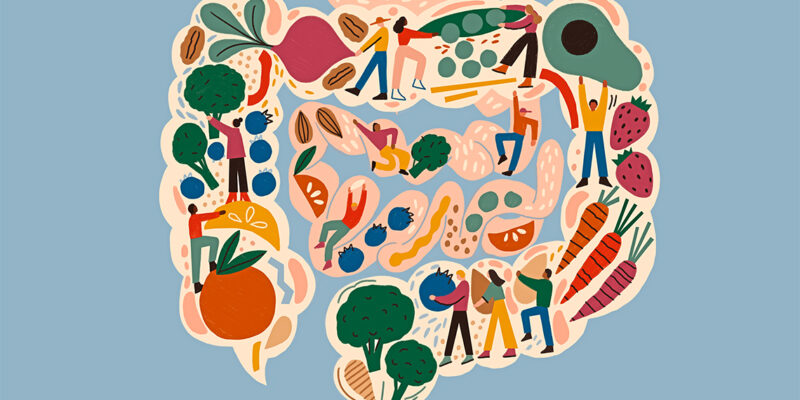
Inflammation Reduction: Omega-3 fatty acids, found abundantly in fatty fish like salmon, mackerel, and sardines, possess potent anti-inflammatory properties. By reducing inflammation in the body, these fats can help alleviate symptoms of chronic conditions such as arthritis, asthma, and inflammatory bowel diseases.
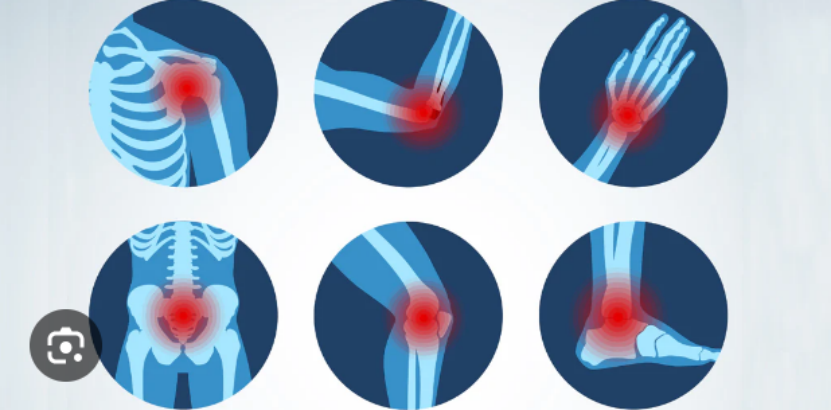
Healthy Fat Foods to Incorporate into Your Diet:
Avocado: This creamy fruit is rich in heart-healthy monounsaturated fats, along with fiber, potassium, and vitamins C, E, and K. Enjoy sliced avocado on toast, in salads, or blended into smoothies for a nutritious boost.
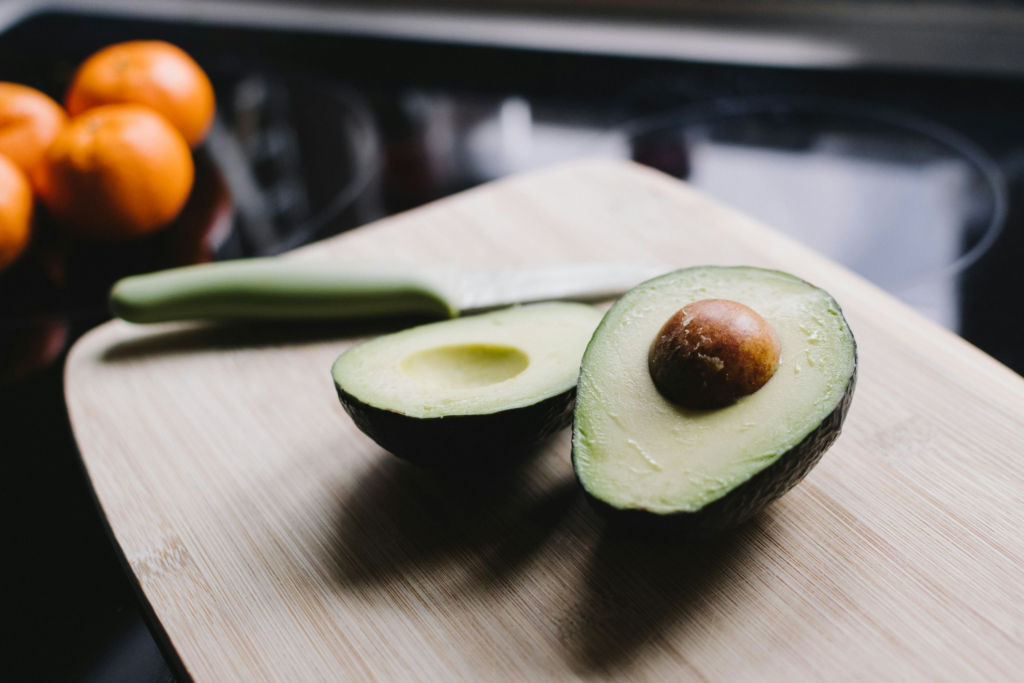
Olive Oil: A staple of the Mediterranean diet, extra virgin olive oil is a potent source of monounsaturated fats and antioxidants, such as oleocanthal and oleuropein, which have anti-inflammatory properties. Use it for cooking, salad dressings, or as a dip for bread.

Fatty Fish: Salmon, trout, mackerel, and sardines are all excellent sources of omega-3 fatty acids, particularly EPA and DHA. Aim to include fatty fish in your diet at least twice a week to reap the benefits of these essential fats.
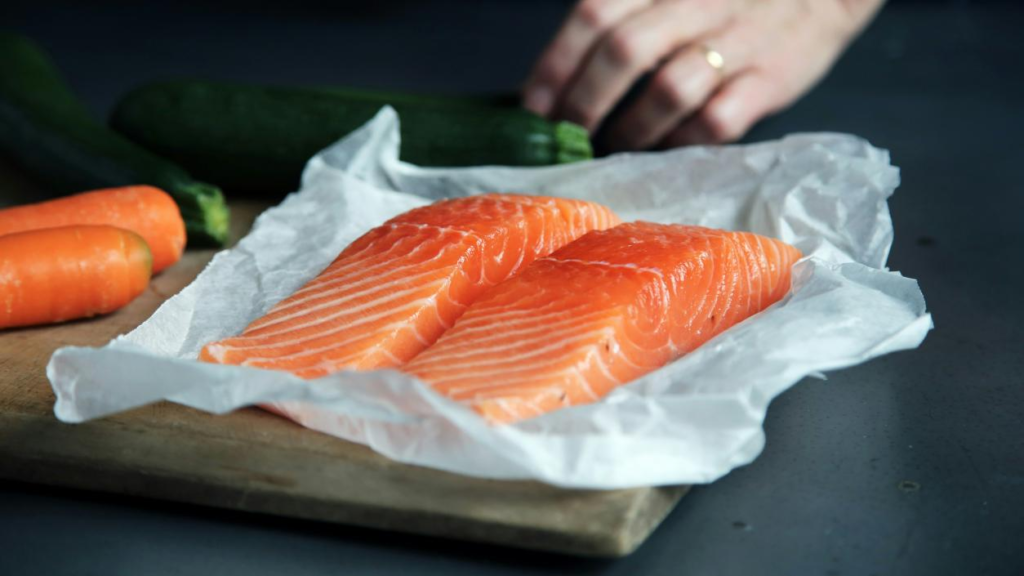
Nuts and Seeds: Almonds, walnuts, flaxseeds, chia seeds, and hemp seeds are all packed with healthy fats, protein, fiber, and an array of vitamins and minerals. Enjoy them as a snack, sprinkle them over yogurt or oatmeal, or incorporate them into baked goods for added nutrition.
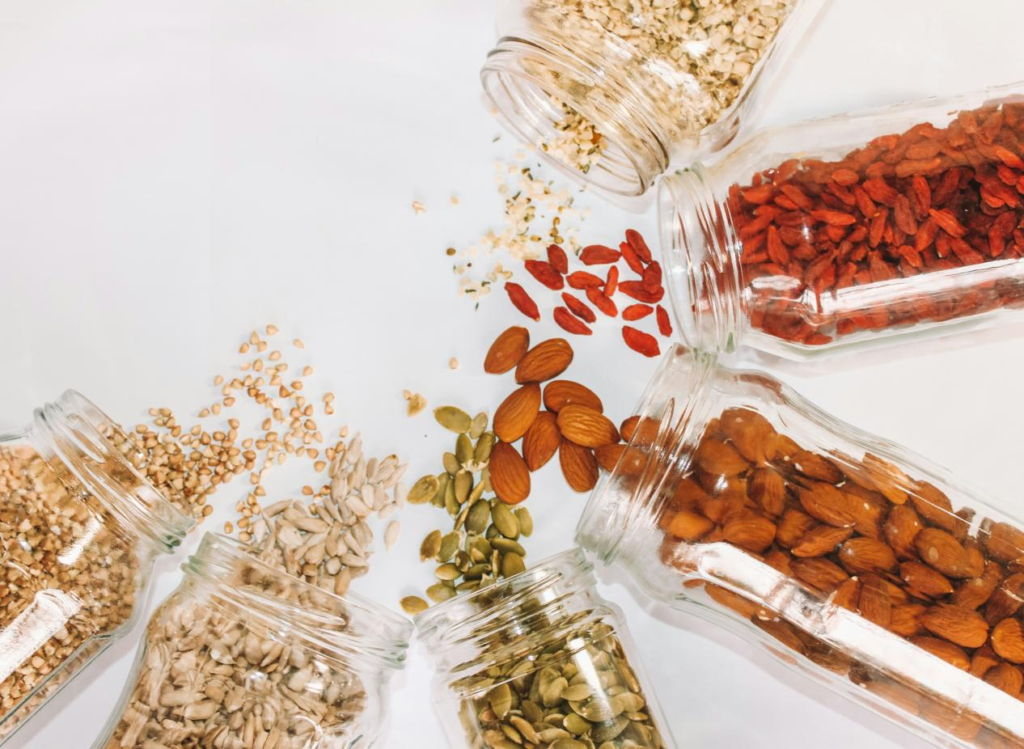
Coconut: While high in saturated fat, coconut contains medium-chain triglycerides (MCTs), which are metabolized differently than other fats and may offer various health benefits, including improved brain function and weight management. Use coconut oil or coconut milk in moderation in cooking and baking.
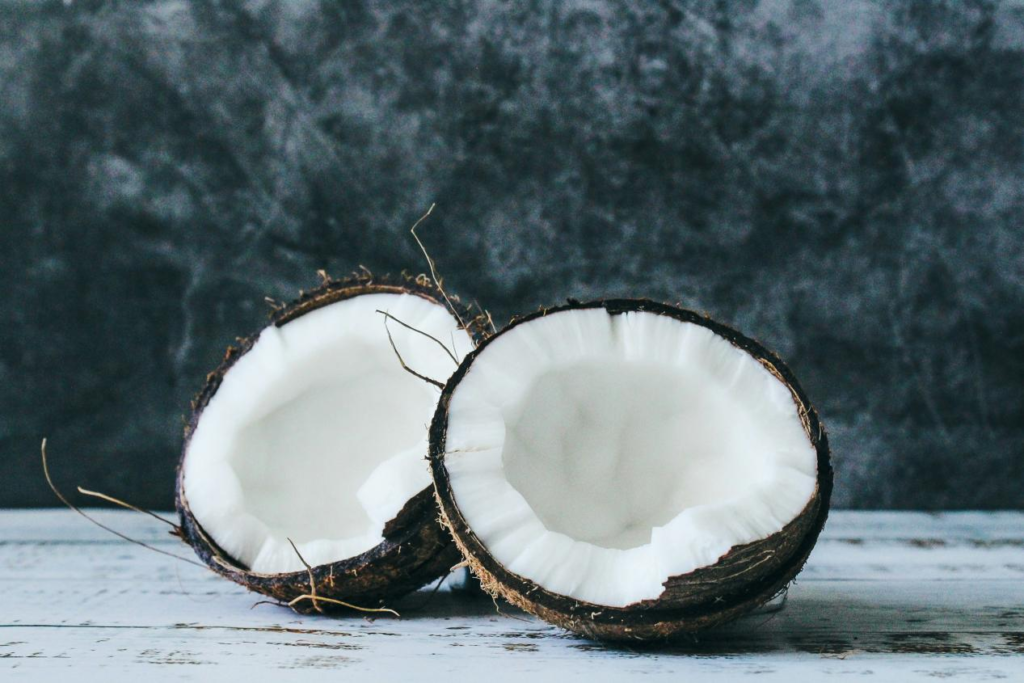
Eggs: Despite being primarily known for their protein content, eggs also contain healthy fats, particularly in the yolk. Opt for pasture-raised or omega-3 enriched eggs for an extra dose of beneficial fatty acids.

Dark Chocolate: Yes, you read that right—dark chocolate (with at least 70% cocoa content) is a surprisingly rich source of monounsaturated fats, as well as flavonoids, which have antioxidant properties. Indulge in a square or two of dark chocolate as an occasional treat.
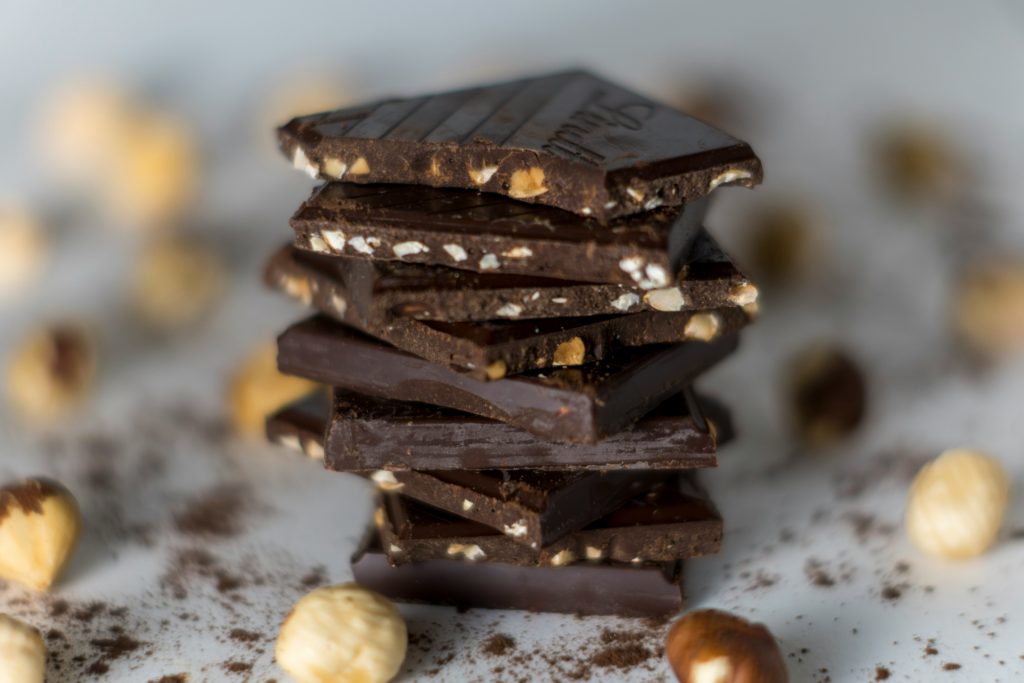
Incorporating Healthy Fats into Your Meals: Now that you know about healthy fat foods, it’s time to put that knowledge into action. Here are some simple ways to incorporate these nutritious fats into your daily meals:
